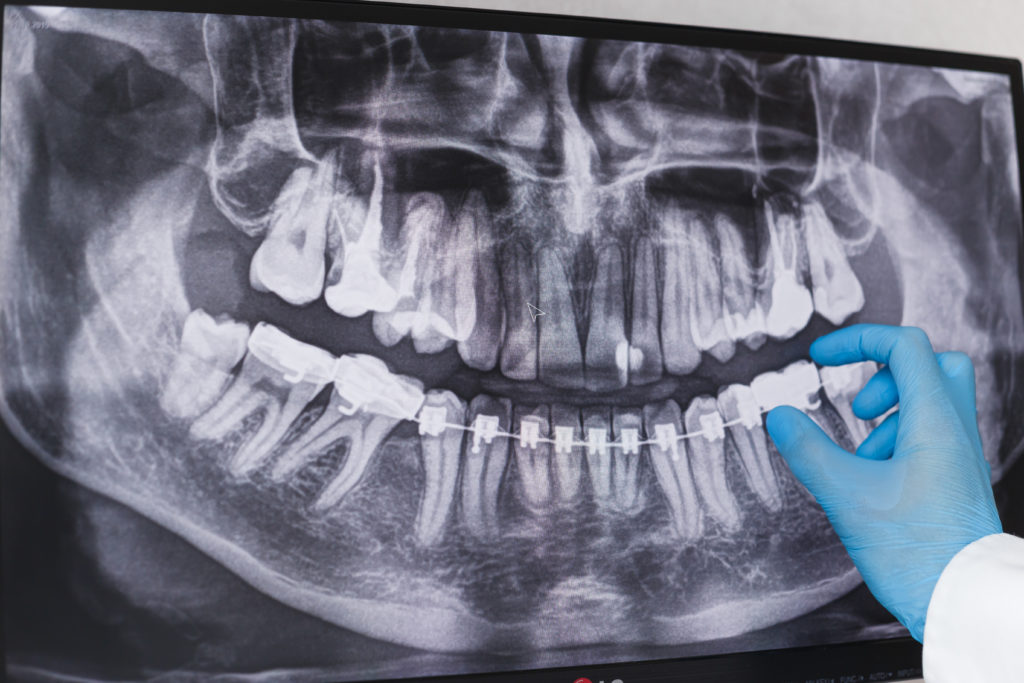 A toothache is a discomfort that we may all have encountered at some point in our lives, and wisdom teeth often play a role in this experience. The reasons for the pain accompanying the eruption of wisdom teeth are outlined below:
A toothache is a discomfort that we may all have encountered at some point in our lives, and wisdom teeth often play a role in this experience. The reasons for the pain accompanying the eruption of wisdom teeth are outlined below:
When wisdom teeth emerge or become partially visible in the mouth, they are susceptible to cavities because brushing in this hard-to-reach area may be inadequate. In many instances, insufficient hygiene increases the likelihood of wisdom teeth developing a cavity and subsequent pain.
Many individuals face a shortage of space, making the emergence of the wisdom tooth a challenging process. This can result in its misaligned growth or incorrect positioning, leading to pain. The discomfort may stem from the wisdom tooth pushing against neighboring teeth, exerting pressure on the nerve that serves the mouth, or affecting adjacent structures.
In the process of eruption of wisdom teeth, the gums can also be damaged, leading to problems such as pericoronitis, causing inflammation and infection in the gum surrounding the wisdom teeth by the accumulation of bacteria in this area
When the sac surrounding the formation of wisdom teeth fills with fluid, cysts can develop. These cysts have the potential to cause damage to the jaw, teeth, bone, and nerves in the affected region. Without timely treatment, they may lead to significant complications.








































